The State is me
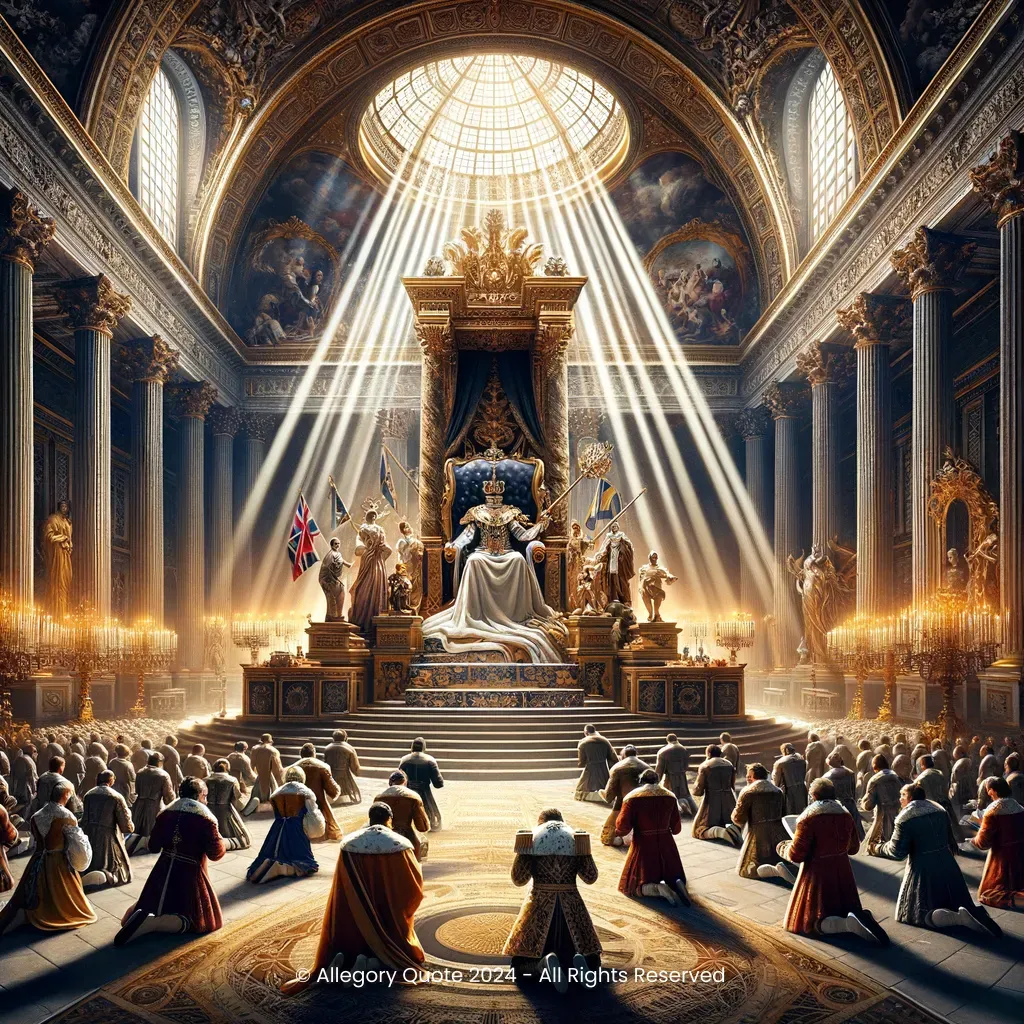
0
0
0
0
- Meaning
- Literally interpreted, the phrase means that the king is the very embodiment and source of the State. In other words, the authority and power of the State are centralized and personified in the sovereign. This concept aligns with the framework of absolute monarchy where the king holds all political and administrative powers. Louis XIV firmly believed in the centralization of power and his role as the supreme representative of the State.
- Allegory
- The throne symbolizes the center of power; the king on this throne represents Louis XIV himself, centralizing and personifying the State. Rays of light directed towards the king emphasize his status as the supreme authority. The inclined figures demonstrate the submission and dependency of others to the king's power. The maps and state symbols floating around the king illustrate the centralization and single source of power and laws.
- Applicability
- The phrase highlights the importance of the centralization of power in political systems, reminding us that some leaders or regimes may seek to appropriate the entirety of governmental power. In everyday life, it can prompt us to reflect on the dangers of excessive concentration of power in a single person or entity and on the importance of democratization and the separation of powers.
- Impact
- The phrase has had a lasting impact on the perception of absolutism and autocracy in Europe. It often symbolizes criticism of extreme centralization of power and has inspired discussions on the nature of political power and the State. The idea of a single person embodying the entirety of the State has also been a reference point for subsequent revolutions against autocratic regimes.
- Historical Context
- The phrase is associated with Louis XIV, who reigned over France from 1643 to 1715. This period, known as the peak of absolute monarchy in France, saw the strengthening of royal power and the centralization of administration under the direct authority of the king. Louis XIV transformed the court of Versailles into a symbol of his absolute power and marginalized the nobility to ensure that no portion of power escaped his control.
- Criticisms
- There are historical debates about the authenticity of the phrase. Many historians believe that Louis XIV never actually said it and that it is a simplification or extrapolation of his actions and policies. Additionally, the phrase has often been criticized for its implications regarding tyranny and autocracy, prompting reflection on the dangers of excessive concentration of power.
- Variations
- There are few precise variations of this phrase, but expressions emphasizing the absolutism of power exist in other cultures. For example, in Imperial China, the Emperor was often seen as the "Son of Heaven," embodying both divine and earthly power.
-

Every time I mention your name, you live in my prayer.
-
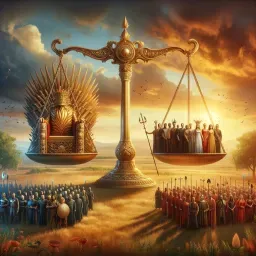
Power tends to corrupt, and absolute power corrupts absolutely.
-

Before me every knee will bow; by me every tongue will swear.
-
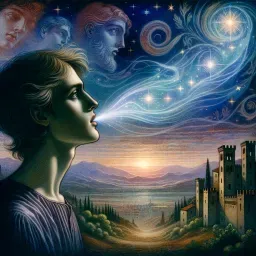
Beyond the sphere that widest orbit swings, passes the sigh that leaves my heart below.
-
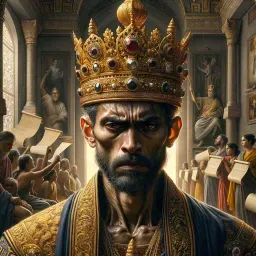
Heavy is the head that wears the crown.
-
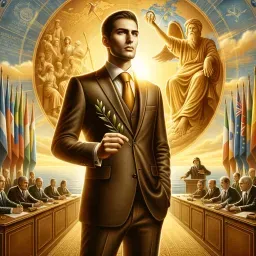
Speak softly and carry a big stick; you will go far.
-

Tears are the silent language of grief.
-
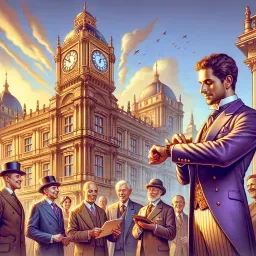
La ponctuality is the politeness of kings.
-

Don't cry over spilled milk.
-
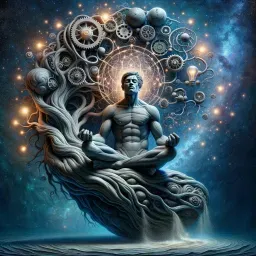
Cogito, ergo sum.
No Comments